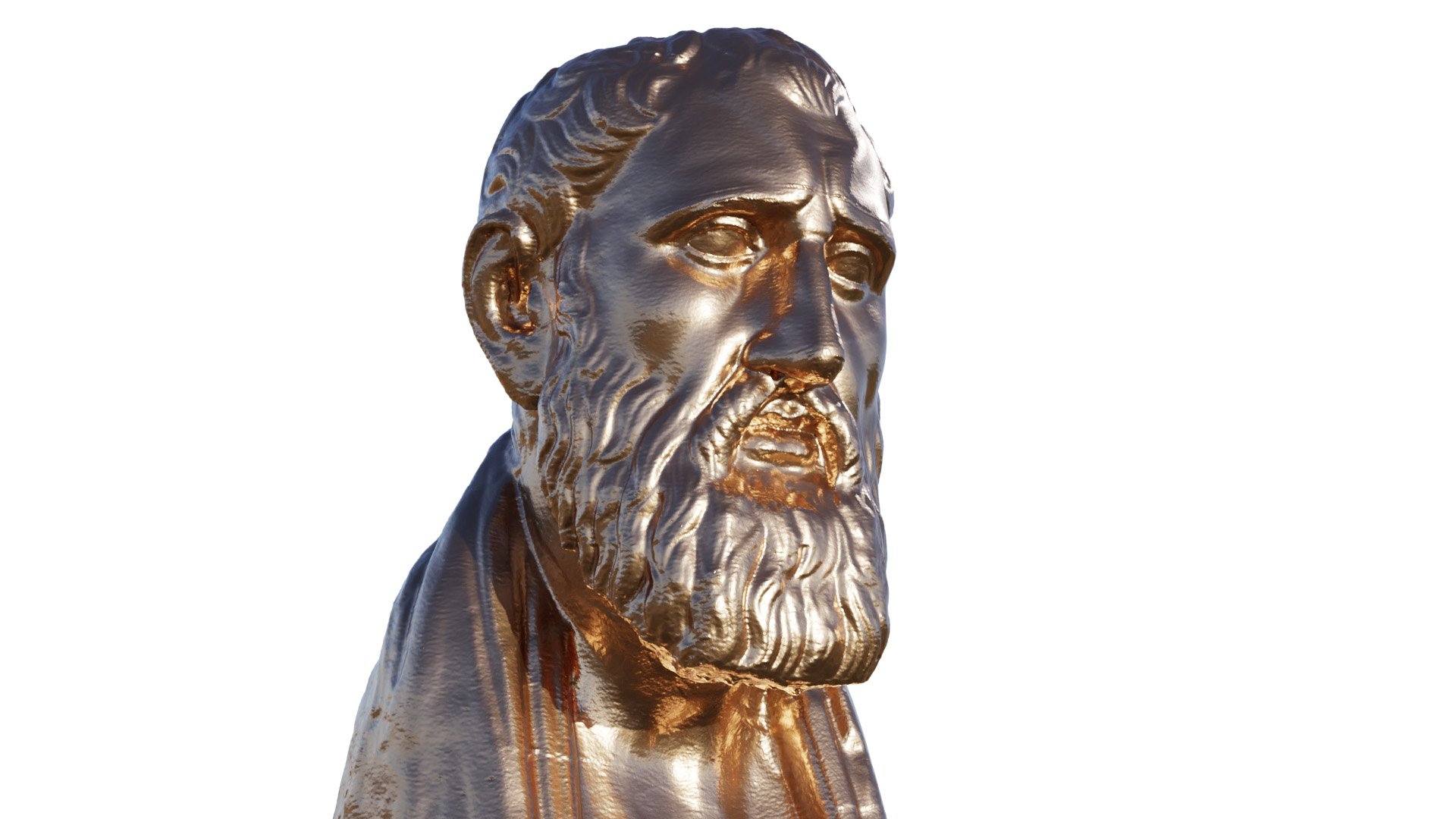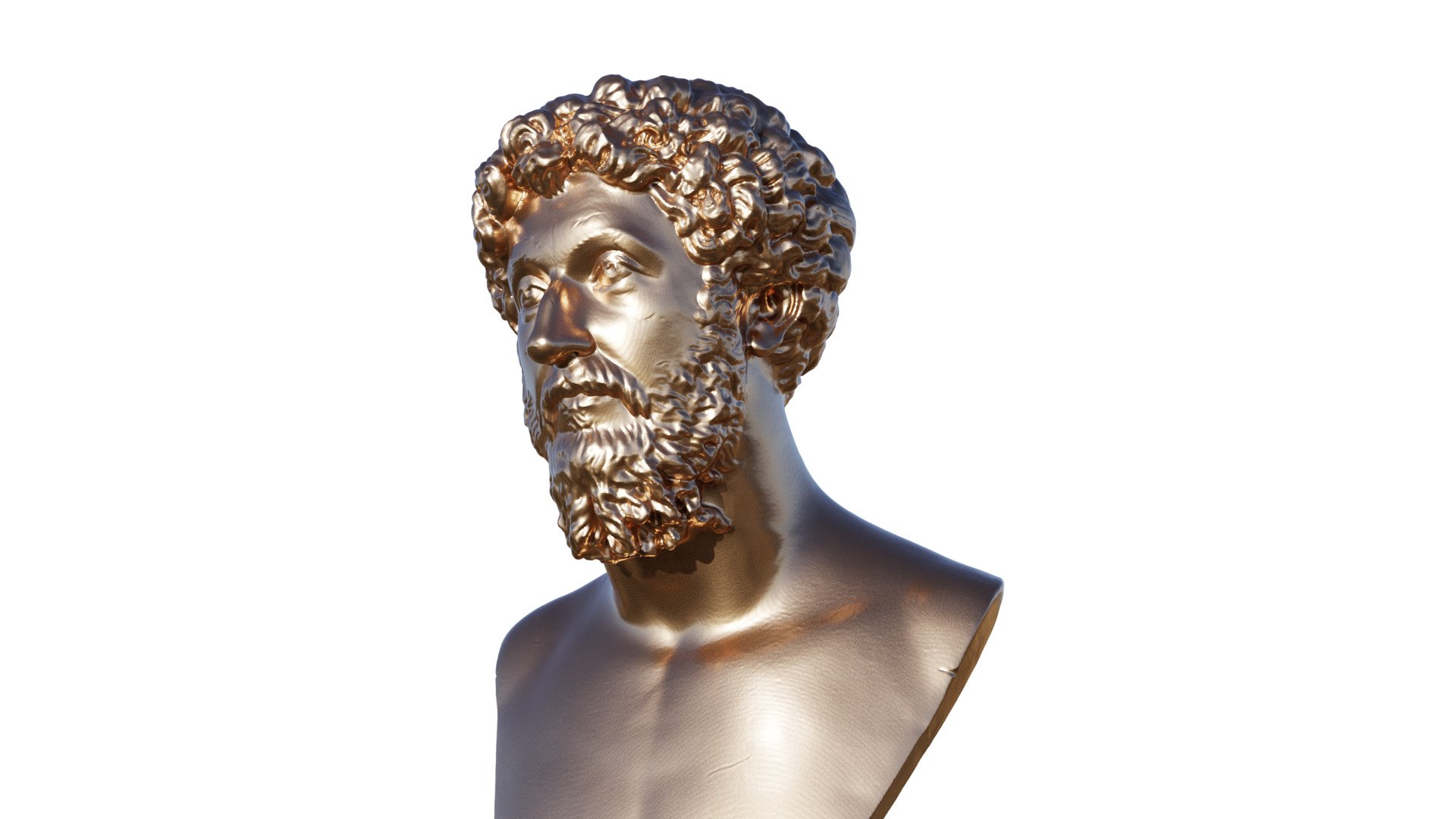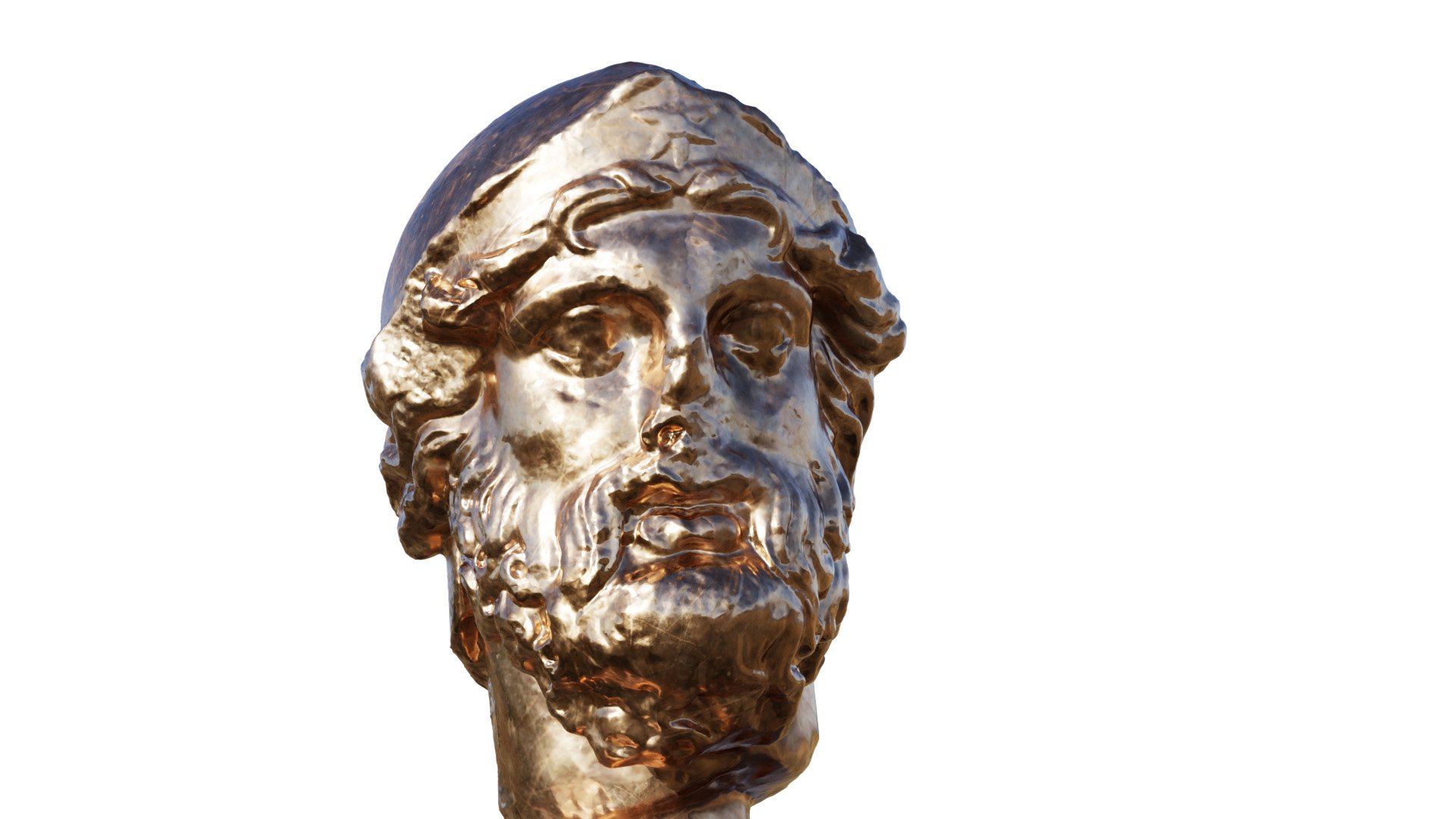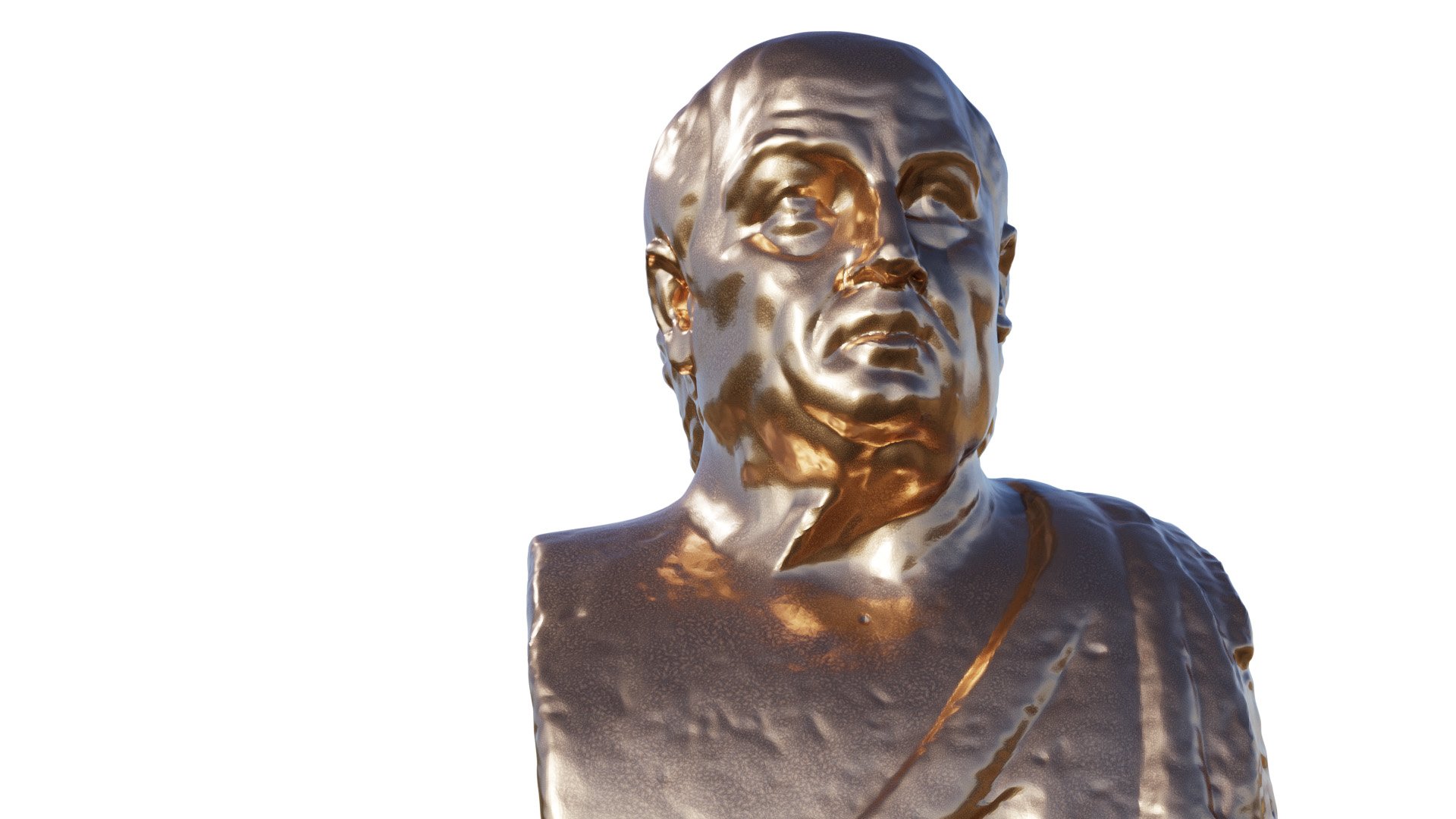It teaches the pursuit of excellence and inner flow through rationality and acceptance of what we cannot control. Its principles of emotional resilience and ethical living remain relevant, offering guidance amidst today’s uncertainties and emphasizing inner virtue over external success. Stoicism’s key figures include Marcus Aurelius, who integrated Stoic ethics into his rule; Seneca the Younger, whose works offer practical ethical guidance; Epictetus, who emphasized personal resilience; Musonius Rufus, a proponent of gender equality and Stoic practice; Cleanthes, who focused on natural law and virtue; and Chrysippus, who developed Stoic logic and ethics. Their collective teachings contribute to Stoicism’s enduring legacy in personal and moral philosophy.
History
Stoicism, originating with Zeno in ancient Athens, flourished in Rome and continues to influence modern thought.
The founder, Zeno of Citium
Zeno of Citium (c. 334 – c. 262 BCE), founder of Stoicism, transformed from a merchant to a philosopher after a shipwreck led him to philosophy.
He taught ethical living and virtue, emphasizing control over personal actions and acceptance of life’s events. His Stoicism advocated wisdom, courage, justice, and temperance, and contributed to logical thought, inspiring resilience and purposeful living.
Zeno of Citium emphasized “Prosochē,” or mindful attention, as a key Stoic practice for personal growth and ethical living. It involves deep self-reflection and awareness of the present, leading to better emotional balance and decision-making. This practice not only benefits the individual but also society, fostering excellences like empathy and responsibility. Prosochē’s principles align closely with modern mindfulness, highlighting its enduring relevance.

The emperor, Marcus Aurelius
Marcus Aurelius (161 – 180 CE), Roman Emperor, is celebrated for integrating Stoic principles of rationality, introspection, and human excellence into his leadership.
His “Meditations” reveal his commitment to ethical governance, self-mastery, and societal well-being, advocating for a life of reason, excellence, and equanimity in the face of impermanence and change.
Marcus Aurelius, influenced by the teachings of Epictetus, a former slave turned Stoic philosopher, emphasized self-discipline and the pursuit of excellence. Epictetus’ philosophy, which advocates control over one’s actions and responses, guided Aurelius in his rule, focusing on personal excellence and societal duty. Their relationship exemplifies Stoicism’s universal appeal and its emphasis on mental and mindful autonomy for true freedom.

The slave, Epictetus
Epictetus (c. 50 – c. 135 CE), a Stoic philosopher born into slavery, championed internal autonomy and excellence through self-awareness and rationality.
His teachings, emphasizing the “dichotomy of control,” have influenced both ancient and modern thought, advocating for a life of excellence and ethical leadership.
Epictetus taught that true delight and excellence come from internal balance and self-regulation, not external circumstances. He emphasized focusing on what we can control—our thoughts and actions—and accepting life’s changes with adaptability, leading to a meaningful existence rooted in excellence and inner freedom.

The man of state, Seneca
Seneca the Younger (4 BCE - 65 CE), a Stoic philosopher and statesman, is noted for his practical approach to philosophy, focusing on excellence in daily life.
His works, addressing themes like adversity, wealth, and mortality, offer timeless guidance on achieving inner peace and excellence through self-reflection and mastery.
Seneca the Younger’s life exemplified Stoic discipline, marked by a plain diet, teetotalism, and physical rigor. His lifestyle choices—favoring simplicity over indulgence and embracing discomfort—reflected his commitment to Stoic excellence. Through these practices, he cultivated mental and physical resilience, aligning his life with the Stoic pursuit of rational self-control and inner strength.

